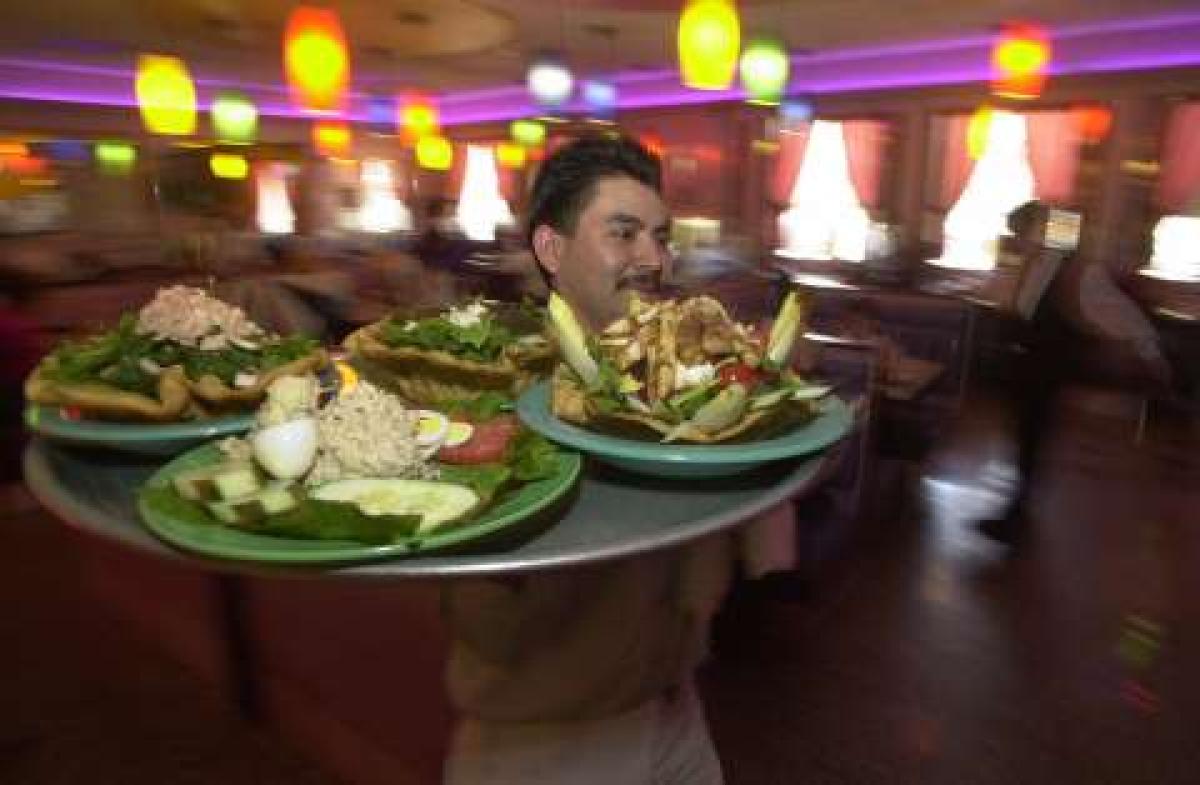In most companies, people who work together bond and become friends. In a small business like the bar I manage in Chelsea, those bonds, and the trust that comes with them, are particularly important. There are just 12 of us at our little bar, and we are like a family.
But our close-knit business is being threatened by a well-intentioned but terribly damaging paid sick leave bill currently being touted by some members of the City Council.
That bill would require businesses with five or more employees to grant five days of illness-related leave per year; businesses with more than 20 employees would have to provide nine days.
Make no mistake — we care about our employees. We treat them with respect, providing an income that allows them to pay their bills and gives them the flexibility to pursue their dreams.
We do not, however, offer paid sick leave. Nor do we ever plan to.
Is that surprising? I certainly don’t want to lose a good employee. Nor do I want someone working when sick. What customer would want to eat in a restaurant or enjoy an ice-cold margarita served by a waiter with a runny nose?
So what’s the problem?
Most bar and restaurant workers derive income from two sources: salary and tips. Replacing a sick worker’s salary would not be sufficient to replace his or her full income. That’s why my bar works with a sick employee to reschedule his or her shift to a later date, essentially swapping with another employee.
Shift swapping has some obvious benefits to everyone involved. An employee never has to consider the impact of lost income when faced with an illness, while the needs of the business are met without additional cost. Just as importantly, customers are not served by sick workers.
We also recognize that some employees use the job as a stepping stone to pursue other goals. That’s why we permit some limited shift swapping to allow an employee to help with a sick relative or even to go on an audition.
But what would happen if the paid sick leave bill became law?
First of all, we’d be forced to eliminate shift swapping. After all, it would be unthinkable for any company to have a policy that would effectively double pay an absent worker. Paid sick leave would destroy what is a fair and efficient system that gives both employees and employers a measure of flexibility.
Our costs would go up, too. We’d be required to pay the sick employee as well as his or her replacement.
Perhaps most troublingly, a sick employee fearing lost income (that is, the tips that would have come from a swapped shift) might well decide not to report his or her illness and instead come to work sick.
But wait, there’s more.
My bar provides a health insurance plan for its employees. The rates are affordable, and if an eligible employee buys insurance for one year, we pick up the cost in subsequent years.
As of today, there are five employees on our plan, and we pick up 100% of the cost for four of them. The fifth is just a few months away from free health insurance.
If the bill becomes law, we would have to find ways to offset the significant cost of the mandate. We would likely pass the cost on to our customers, cut staff — or eliminate the health insurance benefit.
The paid sick leave bill means well, but it is ill-advised. It will harm my small business — and many like it around New York.
I thus urge those members of the City Council supporting this bill to put it aside and instead partner with the small businesses struggling in this economy to grow jobs.
Juliano is the general manager of XES Lounge and president of the Greenwich Village-Chelsea Chamber of Commerce.


